Gender
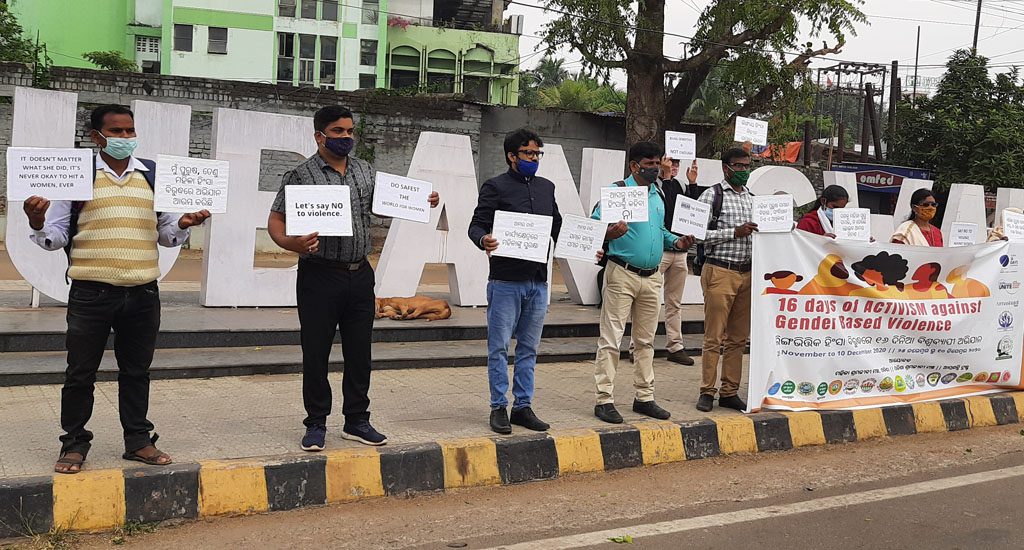
Odisha fares poorly in women’s safety, despite government efforts
Statistics reveal rampant gender-based violence and inequality in Odisha. A concerted multi-stakeholder effort is needed to bring about change, as government initiatives are slow in bearing results
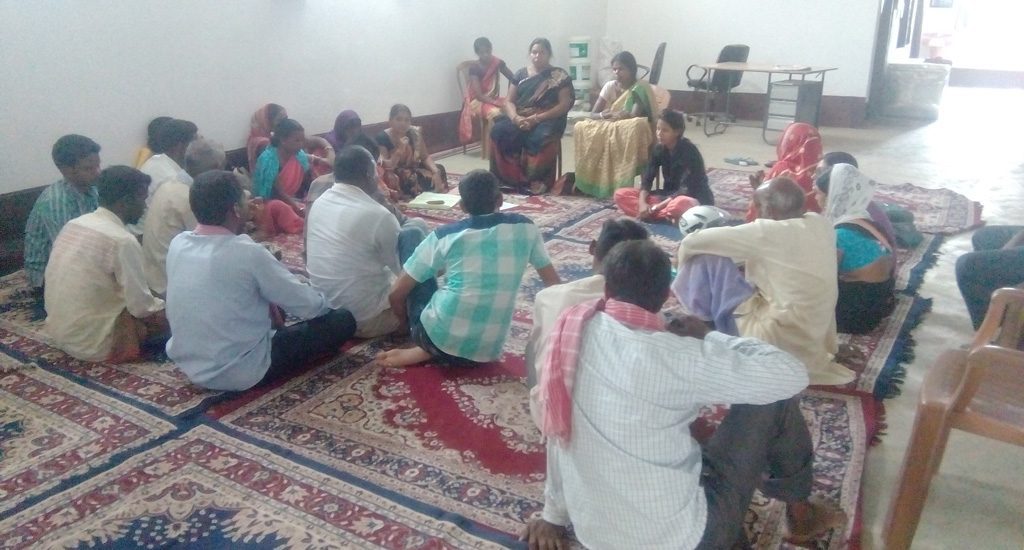
Women-run platform ensures gender justice to rural women
A socio-legal forum led by rural women resolves gender-based conflicts and injustice within families and communities, and helps women in villages lead a dignified life
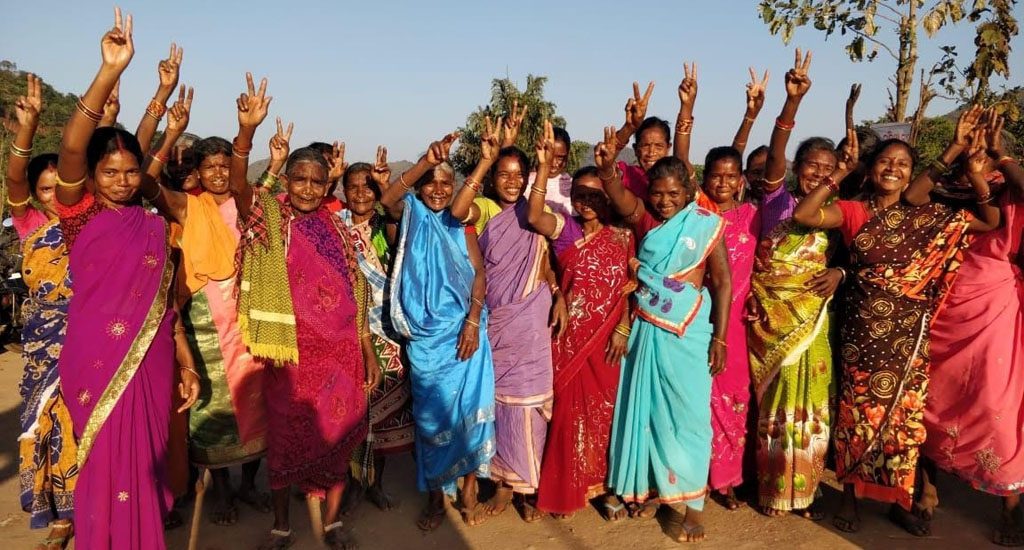
Women farmers leverage collective power to form producer company
Despite carrying out many farming activities, women lacked recognition. Coming together as a self-help group, they have found confidence to progress and use collective bargaining power to their advantage
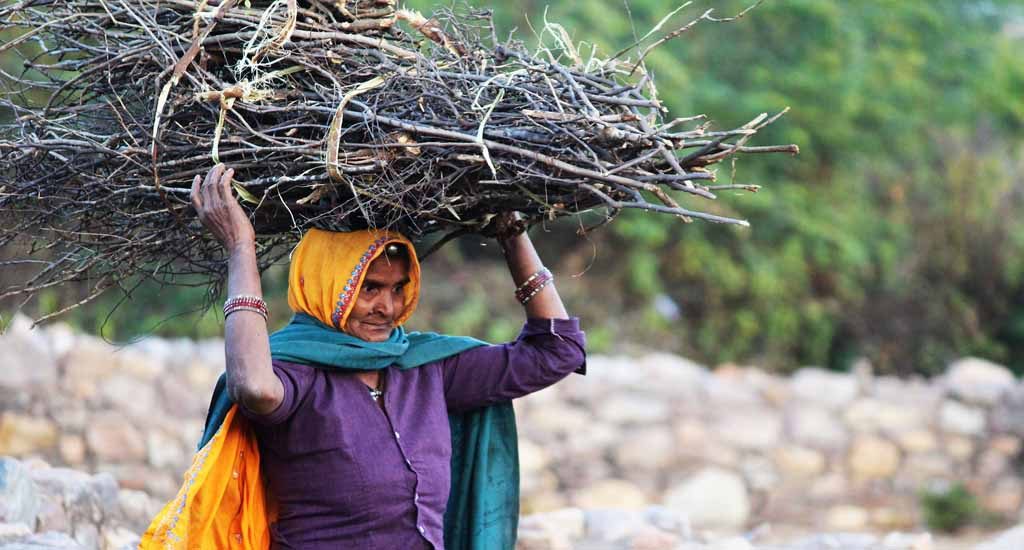
Patriarchy, sustainability and shame
In the present rural development model, a gender lens is lacking in the development designs, leaving women continue their demarcated role, with no progress or empowerment in sight
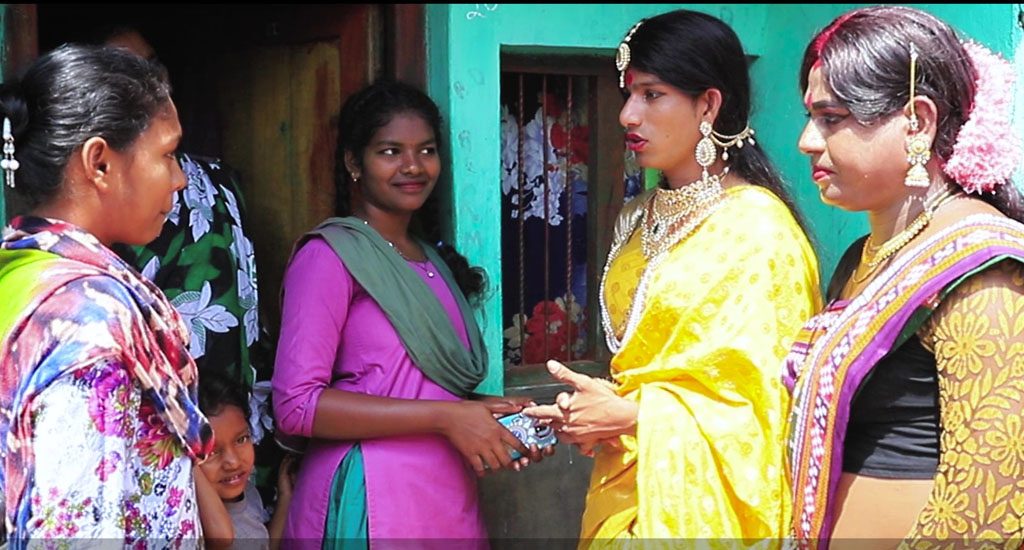
Transgenders fight blind beliefs about motherhood and childcare
Creating awareness through street plays and one-to-one counseling, trained transgender women leverage cultural practices to educate tribal women with poor health indicators, the importance of seeking health care
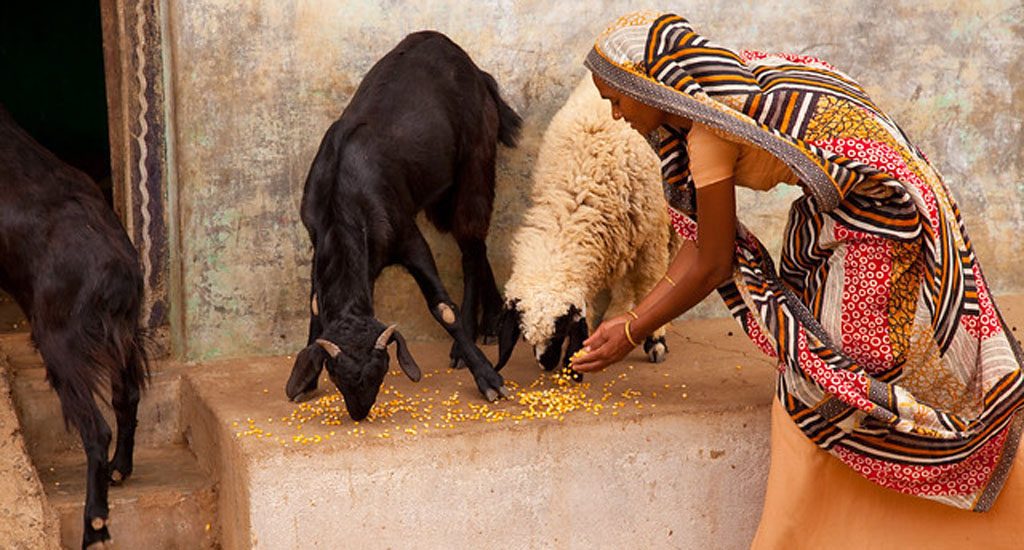
Women herders lose authority as pastoralism declines
Changes in farming practices and climate crisis affecting nomadic pastoralism, traditional herders opt for settled living. As they migrate for other jobs, women bear the burden of added responsibilities
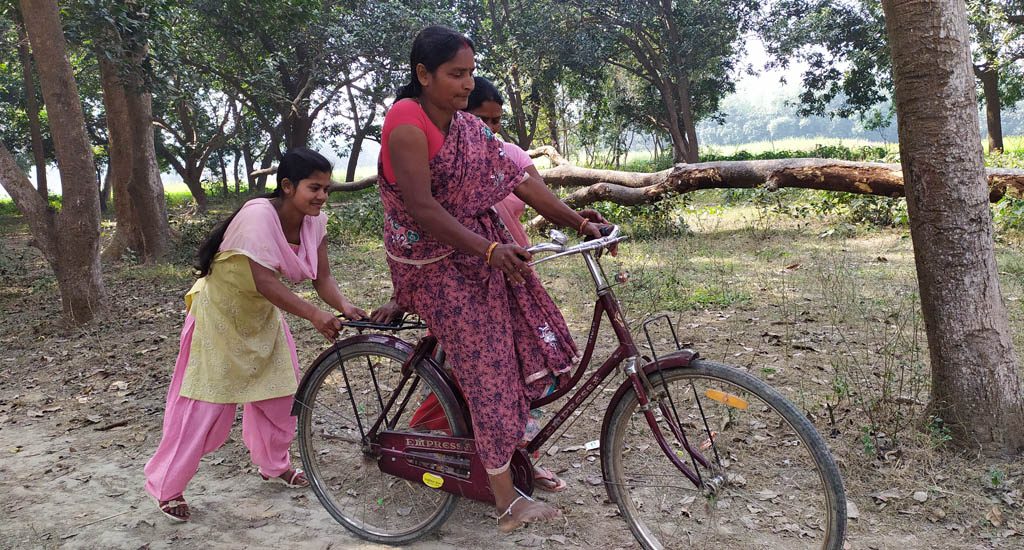
Women grassroots health workers take to cycling for better reach
Accredited social health activists, who were dependent on the men in their family to commute or walked many miles every day, have become punctual and efficient after learning to cycle
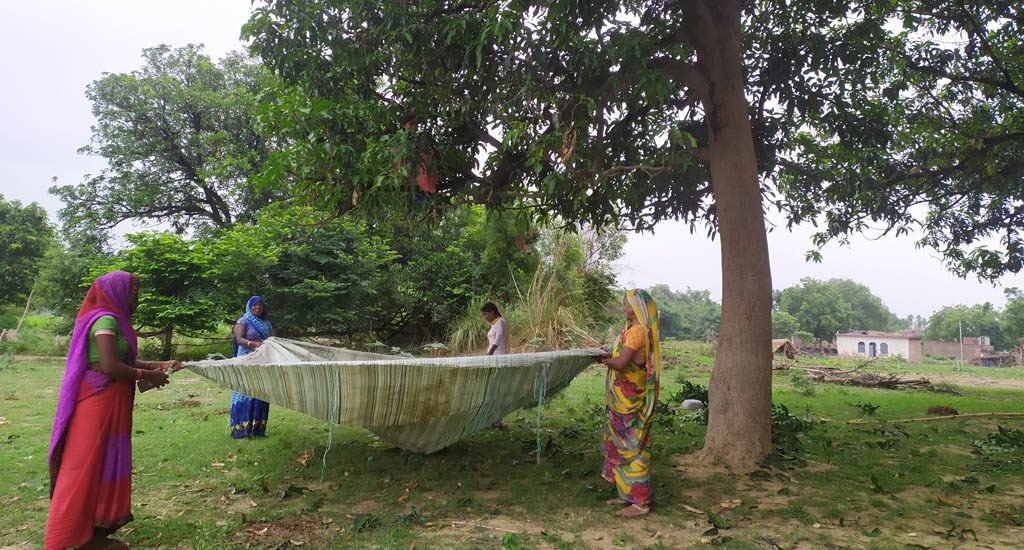
Online classes spell end of education for rural girls
With boys getting preference to use the single multimedia phone at home, girls from poor rural households have discontinued studies, resigning themselves to an early marriage
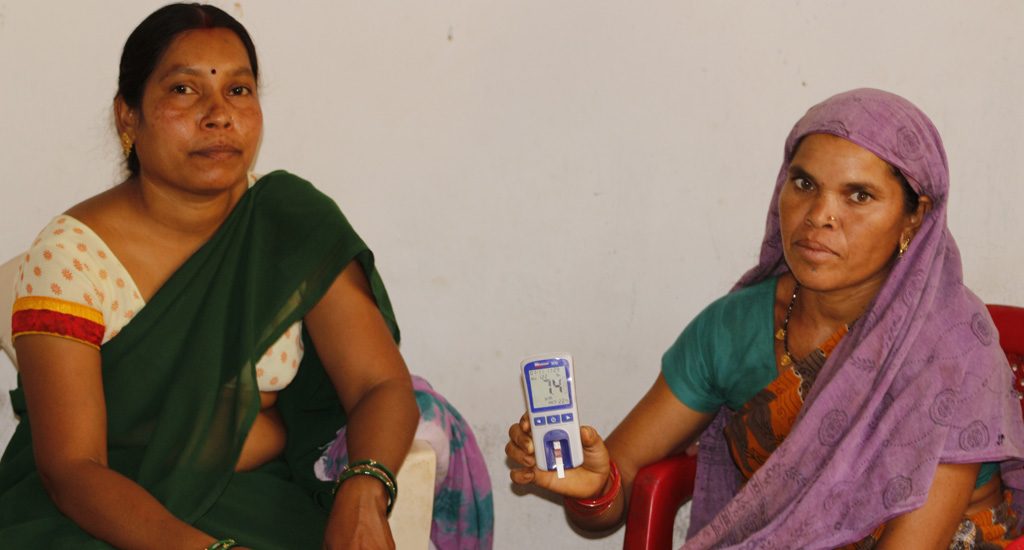
Treatment and awareness help women overcome anemia
Extensive testing, treating the affected, and awareness about food habits to change malnutrition status have brought down the prevalence of anemia and improved the health of women
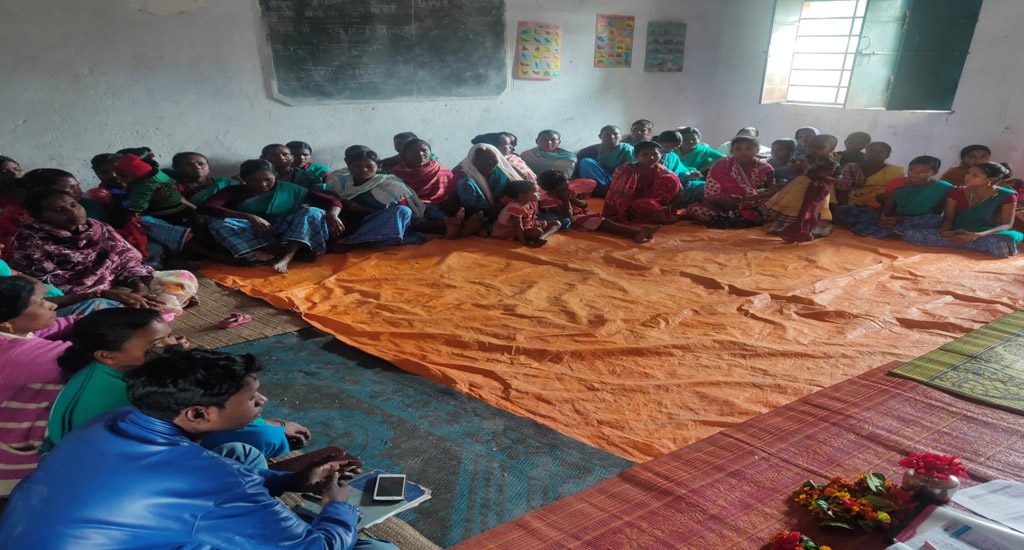
How village organizations effect change in rural India
Coming together as a collective helps women shed their inhibitions and realize their potential by working towards personal growth and amplify their voices in confronting disparities
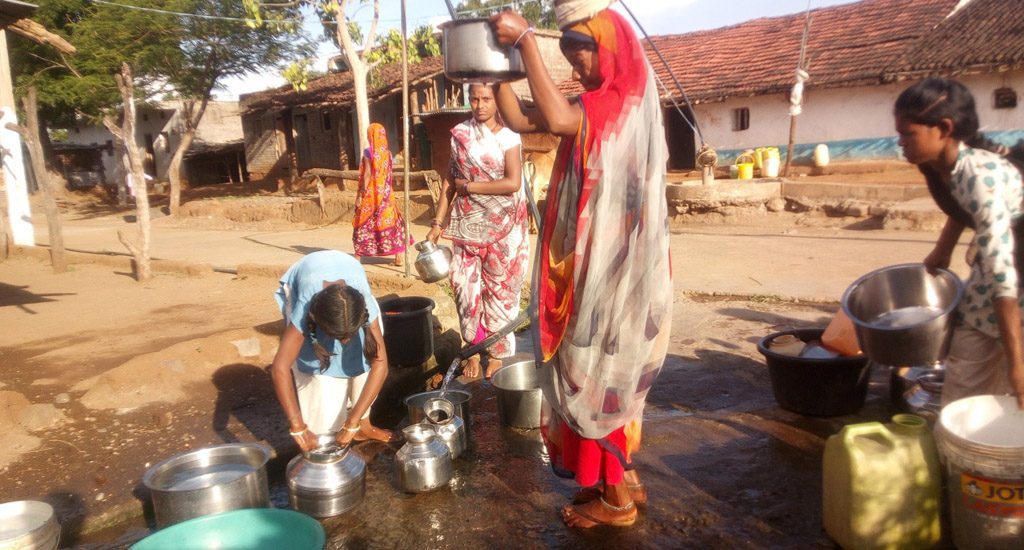
Women ensure regular access to drinking water
With the dug well drying up in summer, women who lost time in fetching water and hence wage work, got a bore well drilled to fulfill their water needs
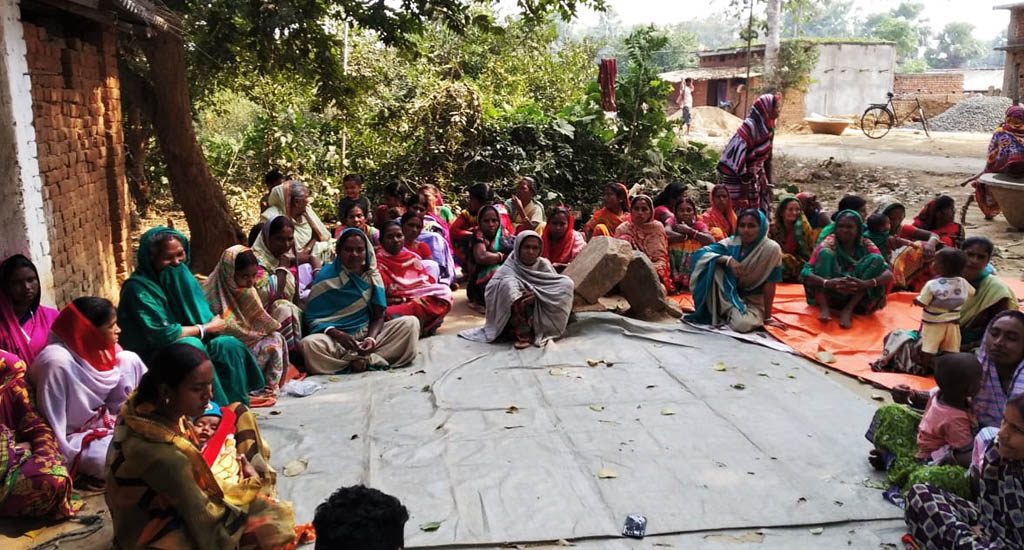
Village Organizations pave way for women’s empowerment
Women who came together for better livelihood, have become socially empowered that they use their collective power to resolve community issues and ensure gender justice
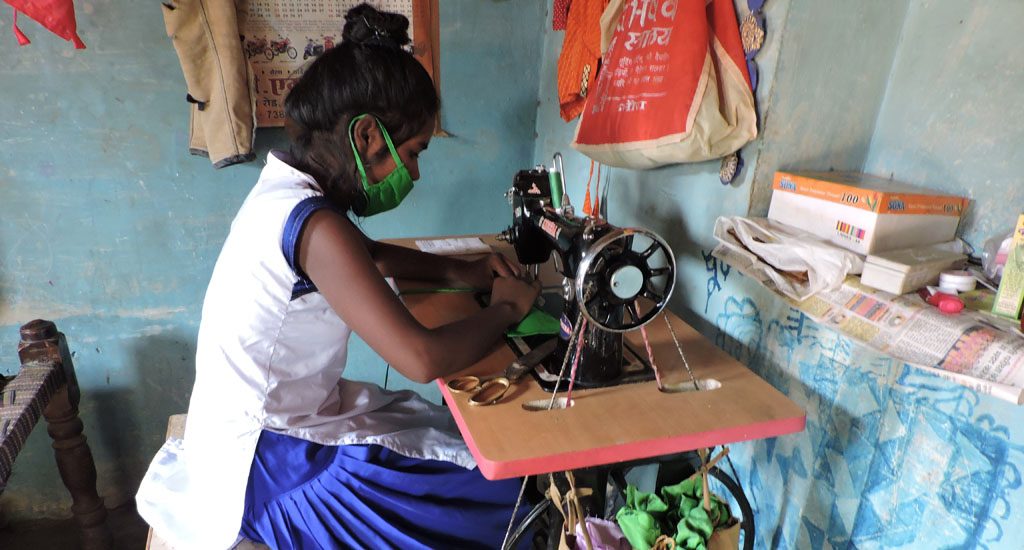
Adolescent girls progress towards complete empowerment
Repressive norms pushed adolescent girls to poor health and early marriage. Bringing them together into groups has helped them improve their health, stop child marriage and learn vocational skills
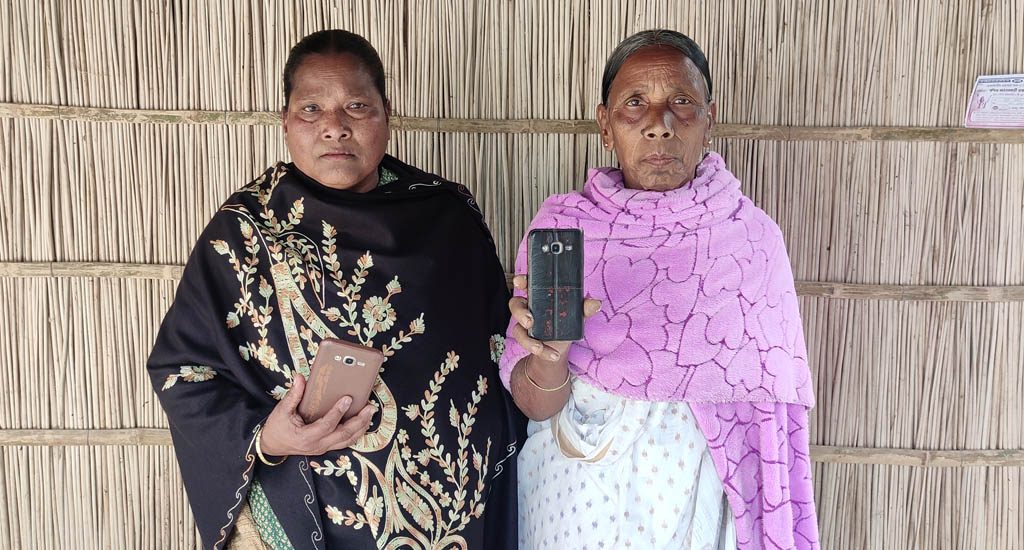
Women use mobile phones to maintain land records
Over half a million women, trained to access and maintain their land records through mobile phones, have learned to complete documentation, so that they are registered as owners
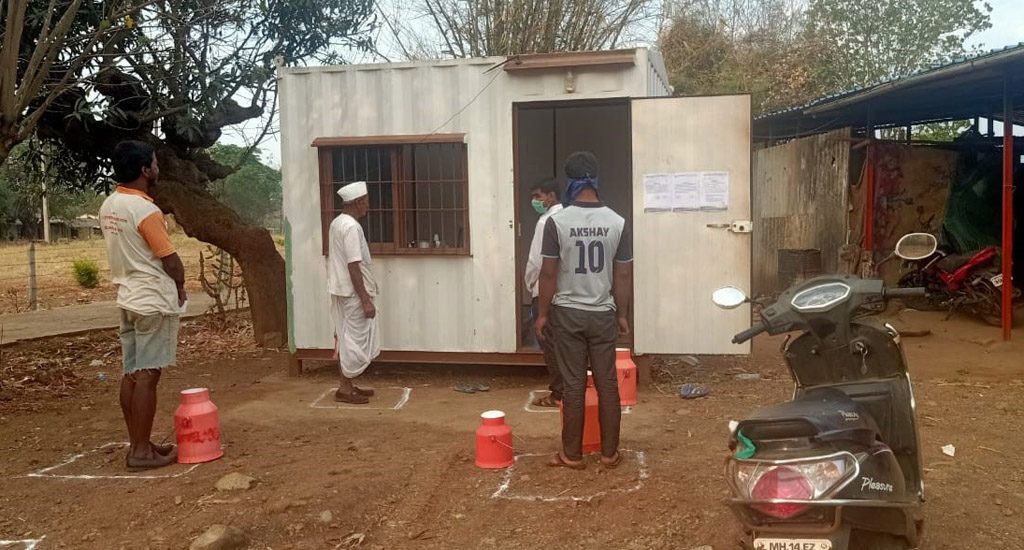
Women dairy farmers ensure safe delivery of milk during lockdown
Adopting safety measures during coronavirus scare, women dairy farmers ensure supply of milk to consumers, while protecting the livelihood and economic interests of its member farmers
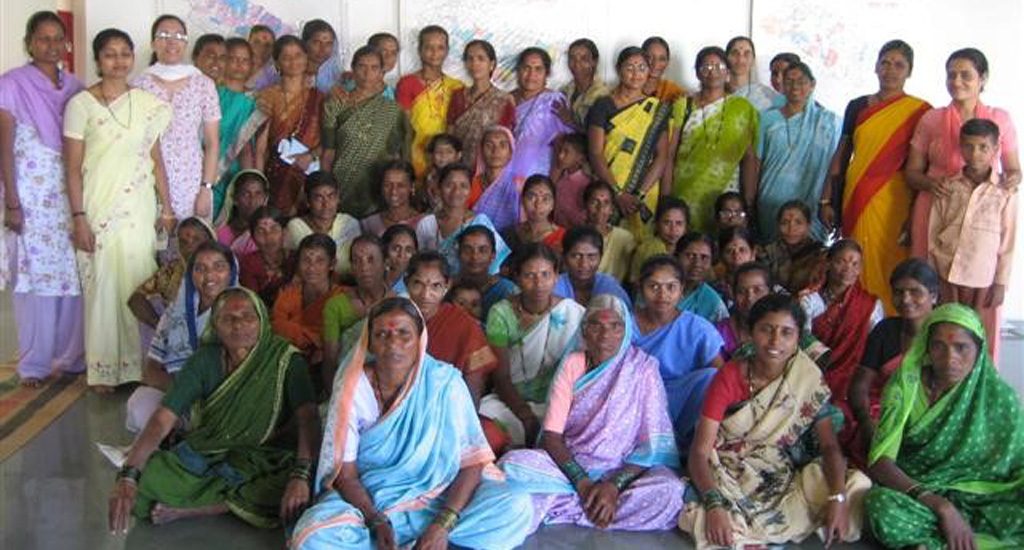
Women paralegals help settle disputes at community level
Members of self-help groups, trained in legal aspects, ensure that villagers, especially women, get their entitled rights without resorting to money and time-consuming legal route
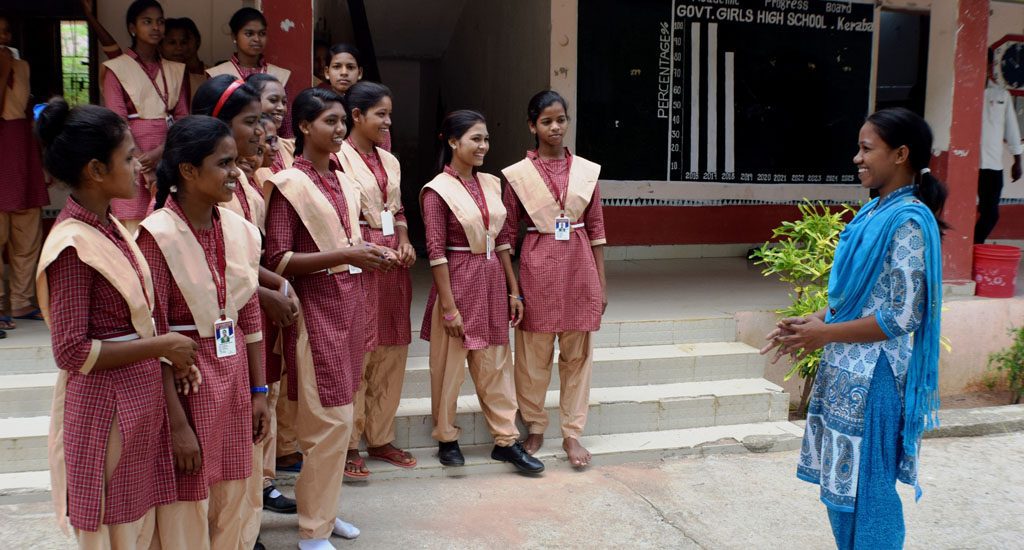
Life skills education prevents child marriages among Odiya tribes
Life skills education empowers tribal girls with knowledge, self-awareness and decision making capacities, helping them rise above social customs and pressures. It has resulted in decline of child marriages
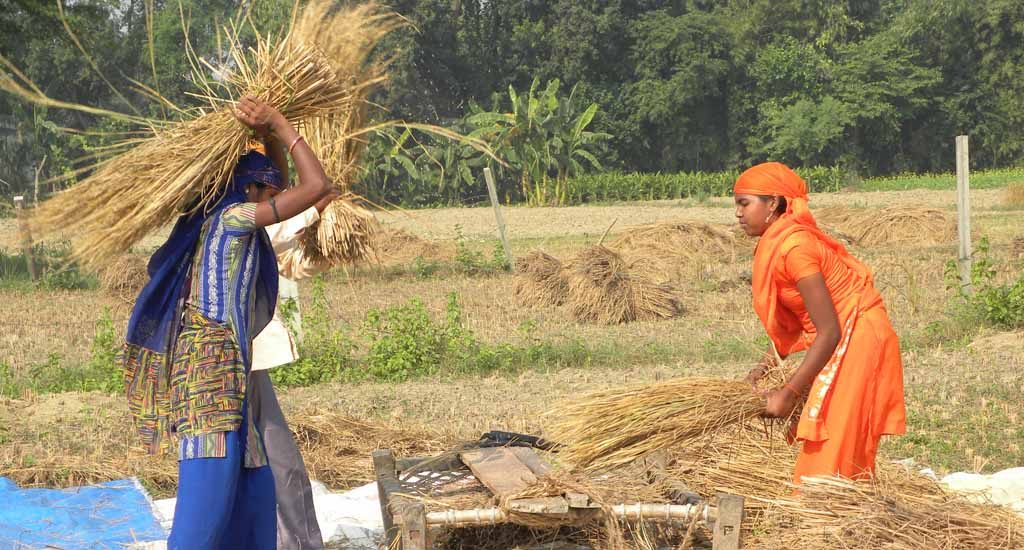
Lack of basic amenities adversely affect tribal women’s health
Limited livelihood options forcing tribal men to migrate, women bear household responsibilities. Fetching water and firewood, besides farm work being arduous in the hilly terrains, women endure health challenges
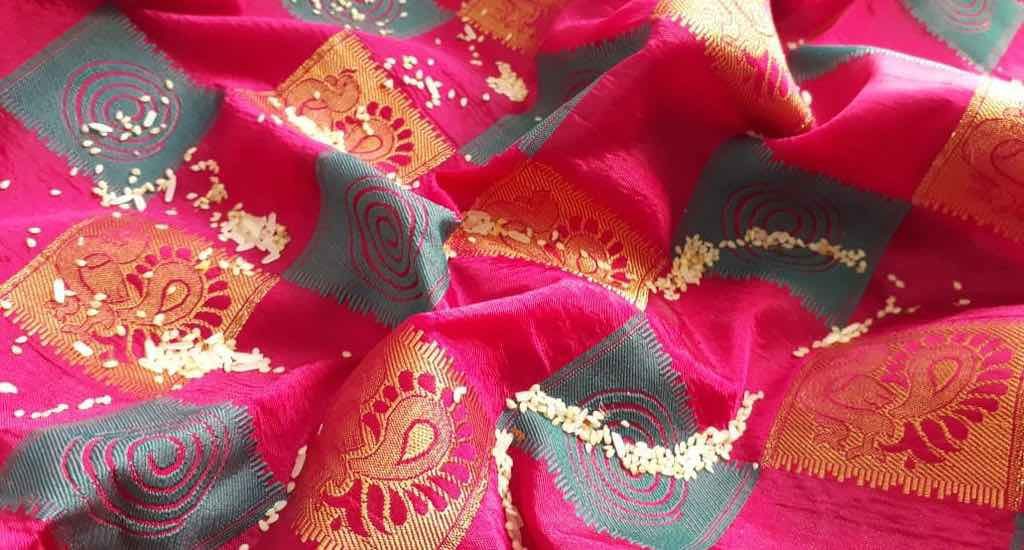
Regressive cultural practices lead to skewed sex ratio
Preference for boys disturbs expectant mothers during the very fertility rituals that are meant to bless them, affecting their psyche, besides resulting in low sex ratio and inferior status of women
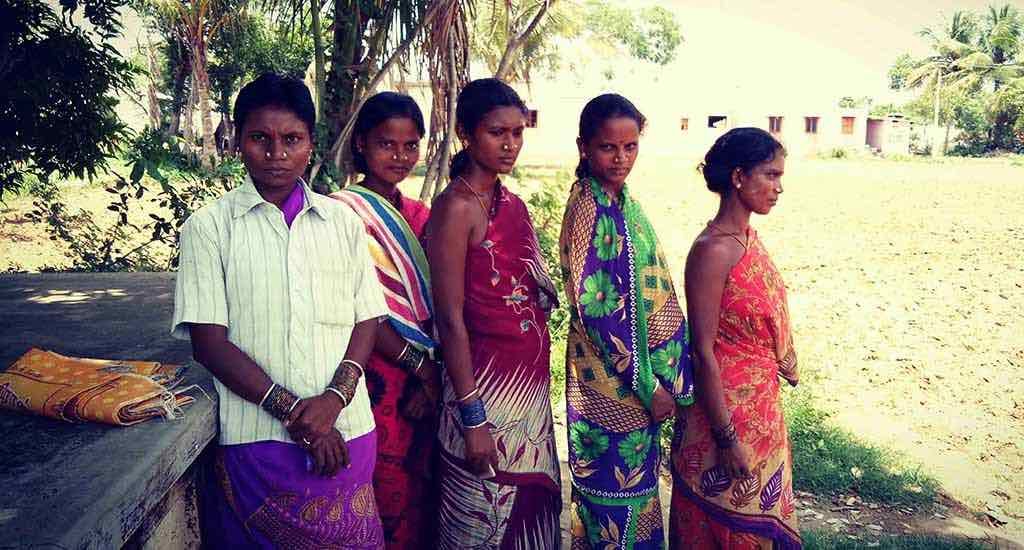
Archaic customs hold community back from development
With rigid traditions and customs such as not eating food cooked by other communities, the Thottinayakar community in Tamil Nadu is lagging in social, educational and economic development